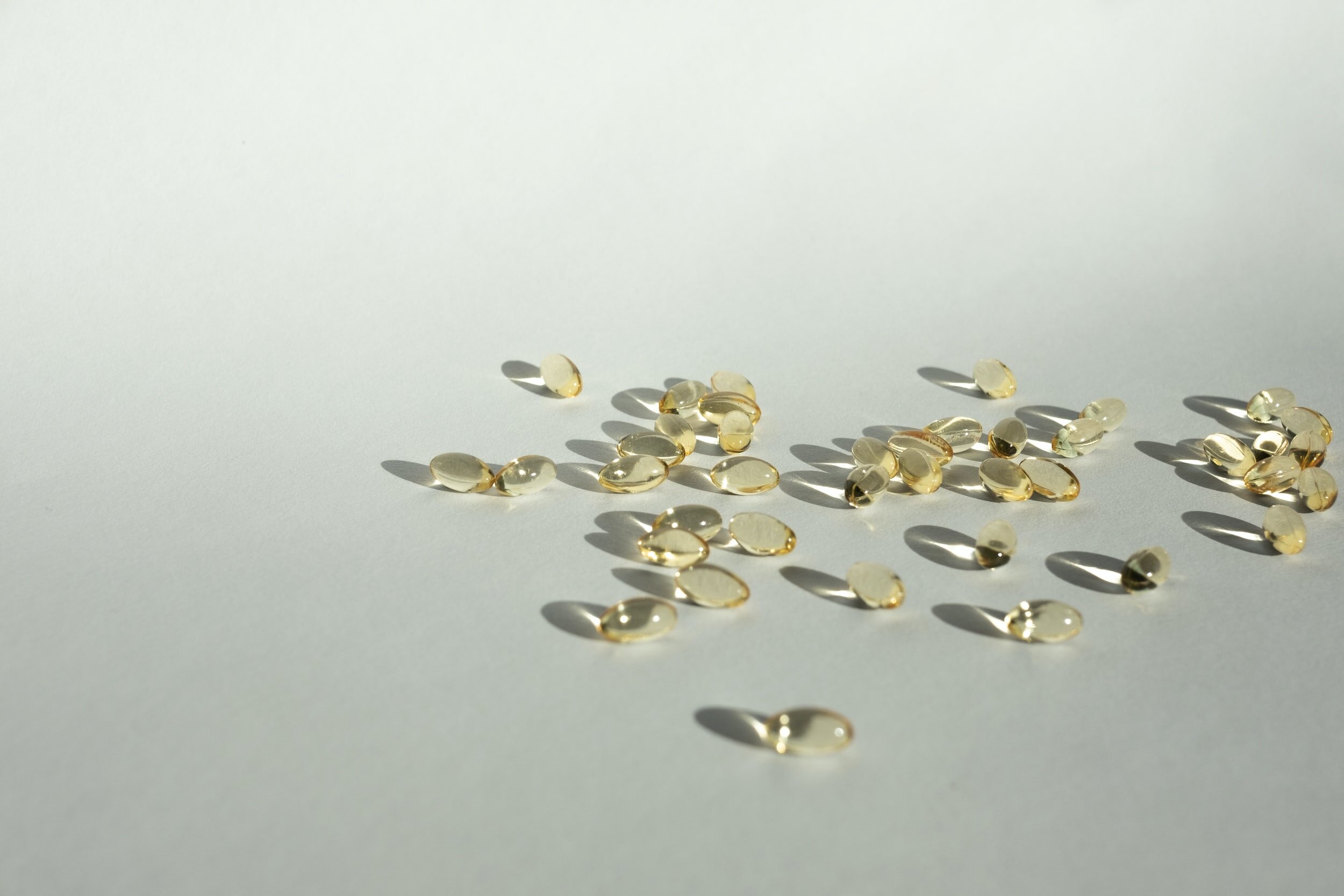Are Your Supplements Dangerous?
Elissa Goodman is one of LA's premiere Cleanse Experts and Holistic Nutritionists focused on helping fight cancers through transformative lifestyle and diet changes. In this column, Elissa offers wisdom on nutrition, how to support a healthy immune system, and more.
Depending on who you talk to, supplements often get a bad rap. Some of this skepticism comes from a lack of knowledge, but some of it is warranted. Let me explain: Supplements are not required to be approved by the FDA or regulated through any kind of external testing. While some brands claim to do their own internal testing or opt for 3rd party testing, others are not as rigorous and sell products that contain unsafe ingredients, carrying risks that include heart and/or nervous system failure, organ damage, and cancer. I know how frustrating it can be to hear this—the last thing you would expect when looking to take charge of your health are vitamins that can actually harm you—but I am here to help. As a sequel to my first list of ingredients to avoid, here is the next round of additives to steer clear of in the supplement aisle:
Caffeine Powder: Caffeine is a familiar one that many consume daily with few safety concerns. However, in powder form, it is highly concentrated and loosely controlled— meaning the risk for cardiac or nervous system complications is evident. It can sometimes be found in supplements claiming to help with weight loss, sports enhancement, or focus—but should be left on the shelf.
Usnic Acid: Also called tree or beard moss, usnic acid is often found in toiletries like toothpaste, deodorant, and make-up—and definitely not for consumption. It has recently been seen in weight-loss supplements, and several reports of liver damage have been documented as a result. Next!
Germander: While this ingredient is actually a beautiful and fragrant herb, several reports of serious liver complications have been related to germander consumption. It is best to avoid this ingredient in your supplement regimen until it has been properly vetted.
Lobelia: Another herb that you may not guess is poisonous from the look of it— lobelia can cause a whole host of severe side effects that include death. Many plants can do incredible things for our health, but do not forget that some plants have evolved to keep us away from them and hence contain compounds that are absolutely toxic to humans and other animals.
Pennyroyal Oil: This one might sound familiar. Pennyroyal is sometimes prepared as a tea from leaf extracts. While small amounts of its leaf extracts may be safe, pennyroyal oil is another story. Not only is it toxic to your pets, but it is highly toxic to you, too. Consumption of minimal amounts of pennyroyal oil has been reported to cause serious nervous system, cardiac, and liver injury and should always be avoided.
Comfrey: A shrub native to Europe, comfrey contains numerous compounds that can lead to organ failure, cancer, and death. This one has been banned for consumption and should be avoided in ALL forms.
Methylsynephrine: A stimulant drug— an amphetamine, to be exact. Methylsynephrine stimulates heart contraction, raising blood pressure, and potentially leads to heart arrhythmia and/or cardiac failure. It is not approved as a drug in the US and certainly does not belong in any dietary supplement.
Yohimbe: An evergreen tree native to central Africa, this is a supplement ingredient that has been banned due to the many reports of seizures, heart attacks, and gastrointestinal problems—but that does not mean you will not come across it anymore. It is notorious for being associated with mislabeling. Run, don’t walk, from this one!
Red Yeast Rice: This is a supplement that has gained popularity for its theorized cholesterol-lowering effects. Sadly, not only do the vast majority of red yeast rice products on shelves contain a very different amount of this ingredient than stated on the label, but they also carry health risks like hair loss and organ damage.
***
It is essential to be rigorous when it comes to choosing supplements. Always read through the ingredient list to be sure the risky additives have been left out. I know it is not always easy to do your own research, so I always aim to equip my clients with the knowledge needed to truly take charge of their health. For more information on supplements to avoid (and the ones I highly recommend!), book a session with me. Together, we can transform your health.
